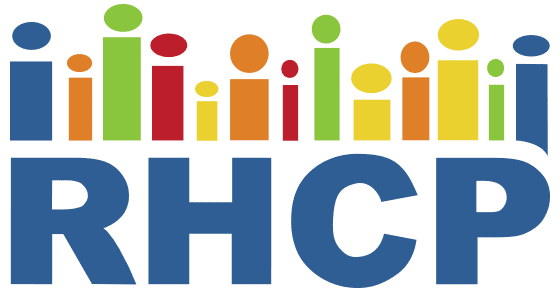In previous RHCP assessments, addressing mental health and stress has been identified as a health priority for research by community partners. Community partners acknowledge and research has shown that immigrant women face unique stressors associated with parenting, gender roles, language barriers, family separation, employment uncertainties, among others.
Read MoreWhile immigrant and refugee populations arrive to the United States healthier than the general population, these advantages disappear over time, partly due to adoption of unhealthy dietary behaviors.
Read MoreImmigrants and refugees arrive to the United States healthier than the general population. But, the longer they live in the U.S., the more likely they are to approximate the cardiovascular risk profiles of the general population, including increased rates of obesity, high blood pressure, high cholesterol, diabetes, and heart disease.
Read MoreHealthy literacy influences health behaviors and health outcomes. It is estimated that close to half of the adult United States population is functionally illiterate when it comes to health.
Read MoreClub Fit was an initiative aimed at promoting healthy habits and preventing excess weight gain among children members at the Boys and Girls Club of Rochester, Minnesota (BGCR). Obesity is associated with increased risk for cardiovascular, metabolic, and other health conditions and for psychosocial concerns such as bullying, stigma, and emotional difficulties.
Read More

